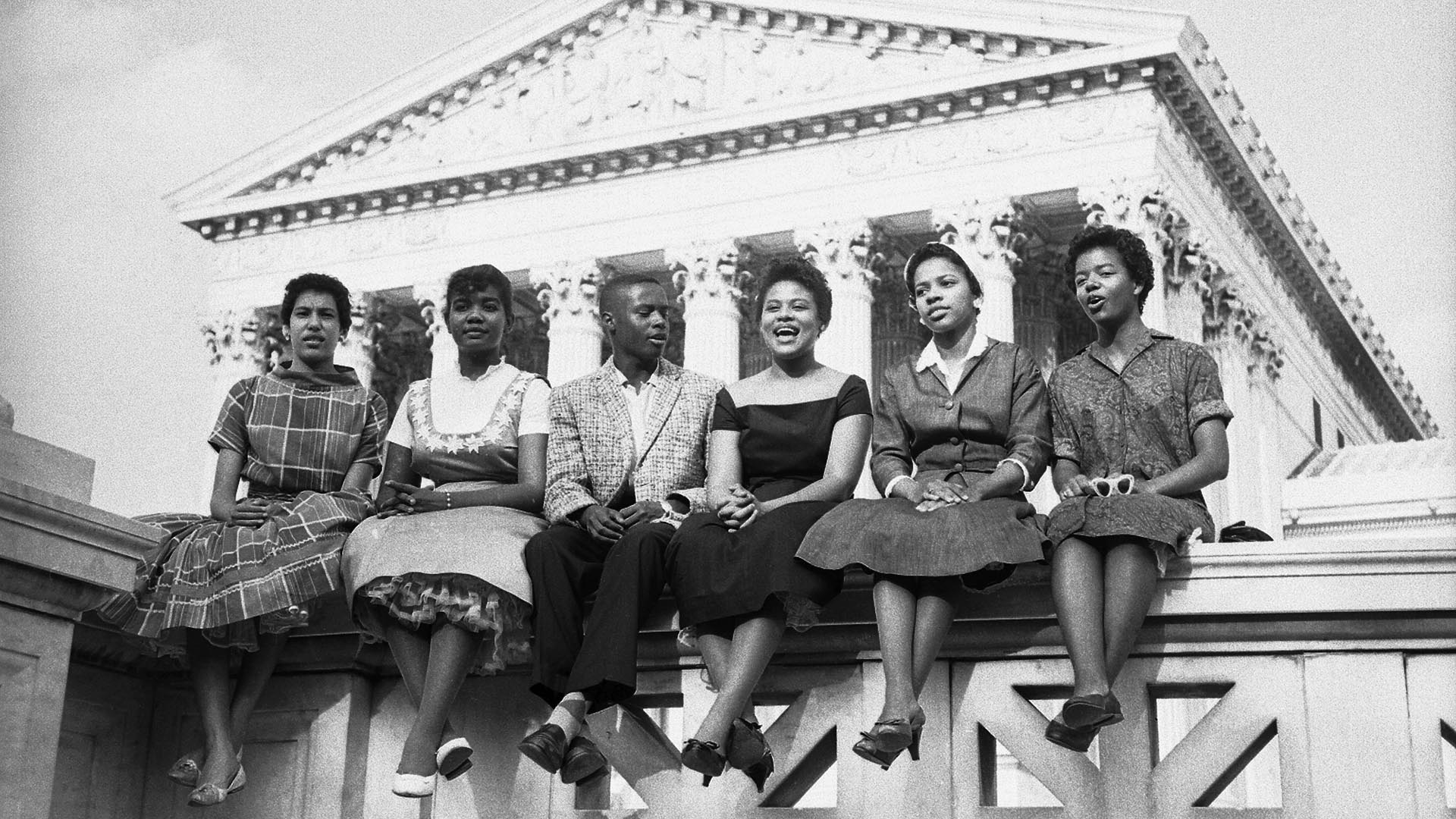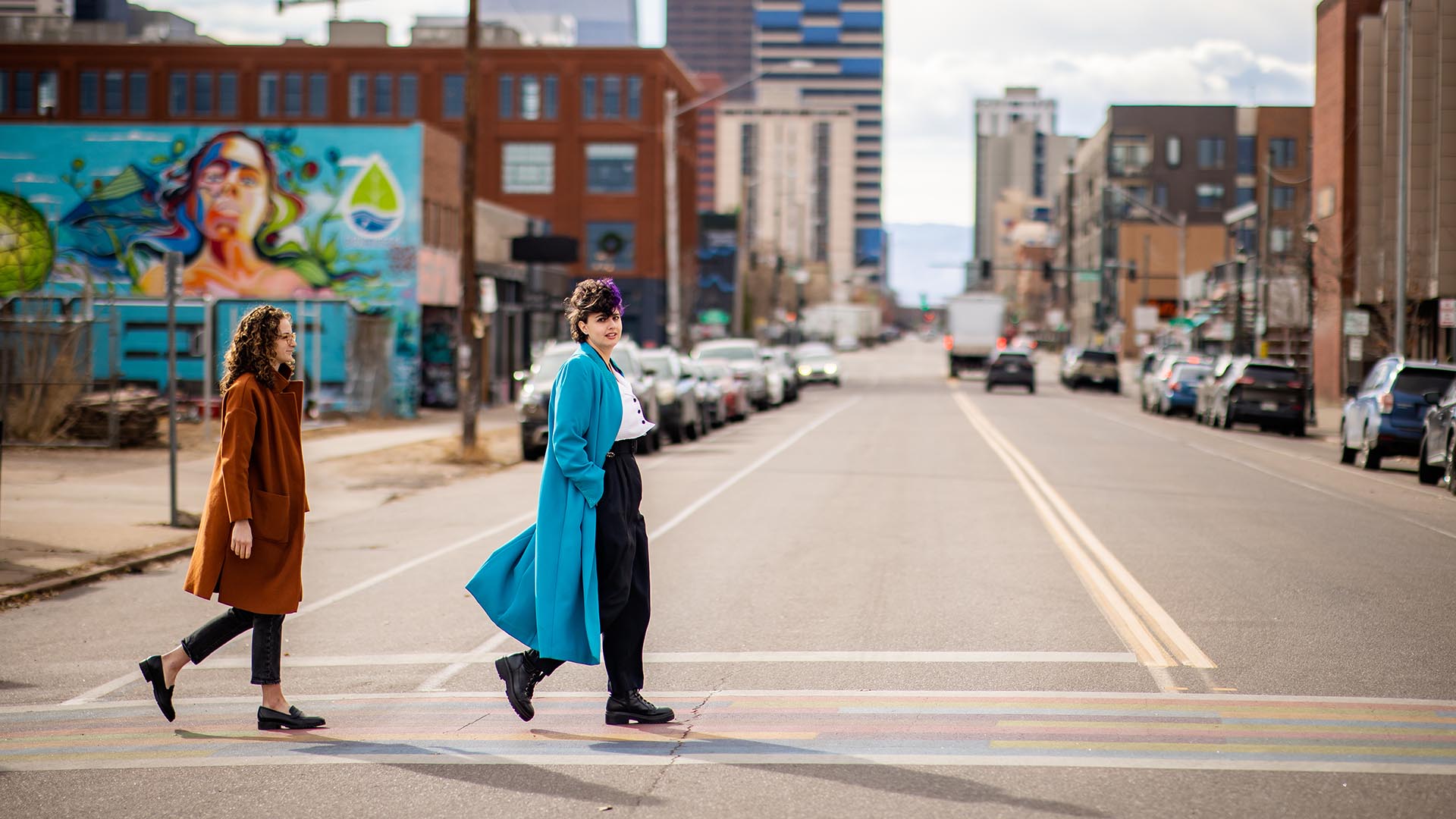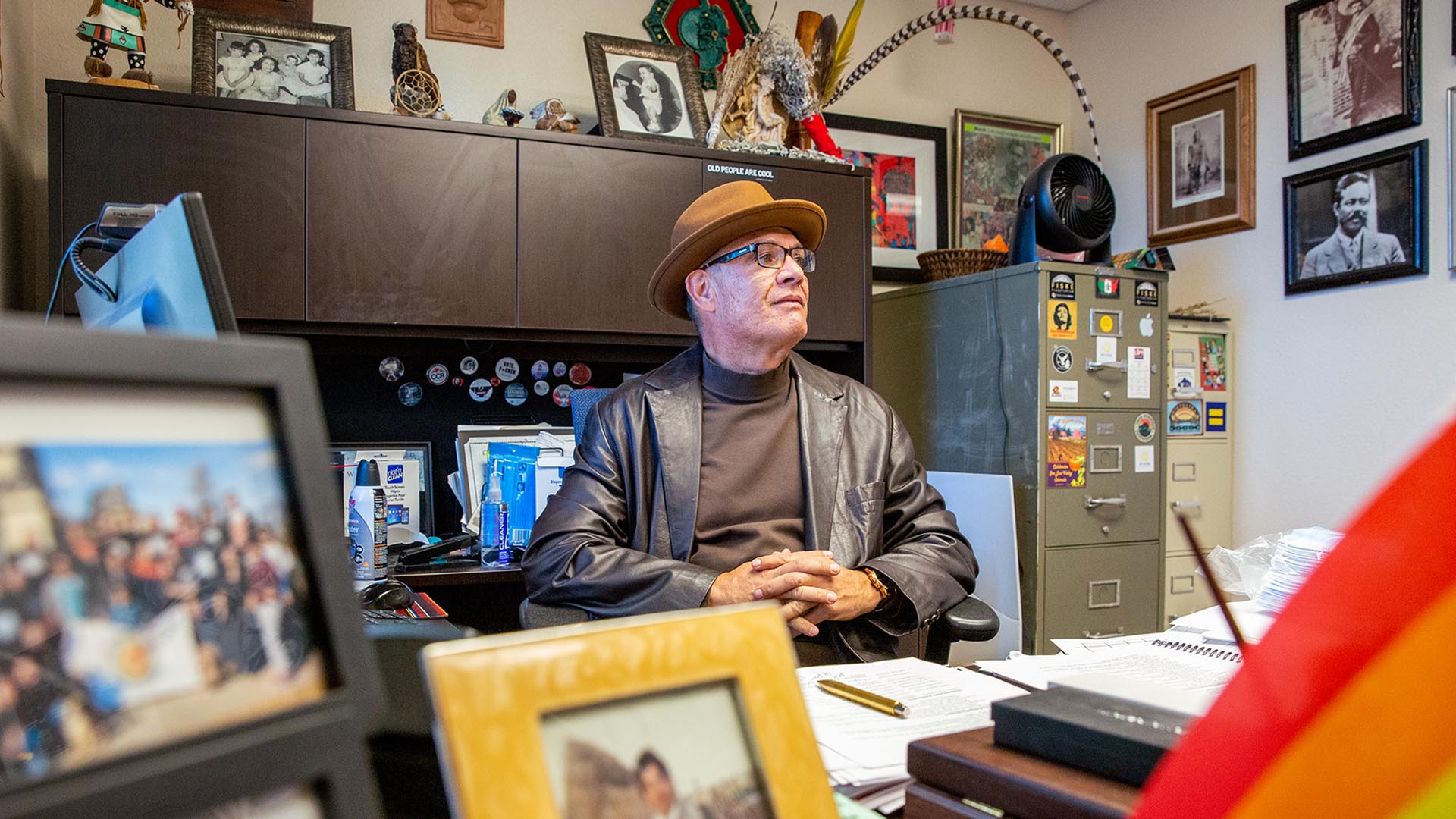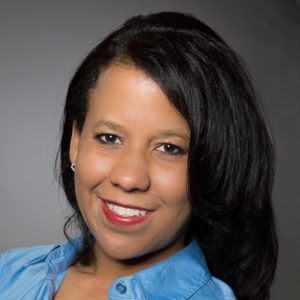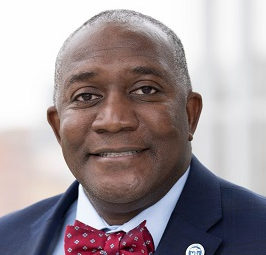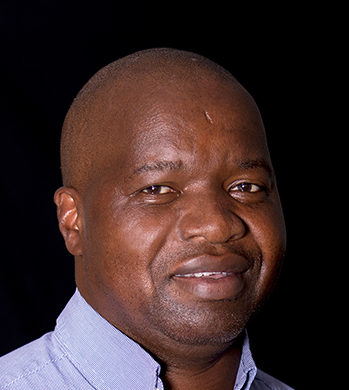Marc Lamont Hill on the power of Black voters and the legacy of John Lewis
WATCH: The author, activist and Temple University professor spoke with MSU Denver leaders in the latest installment of the President's Speaker Series.
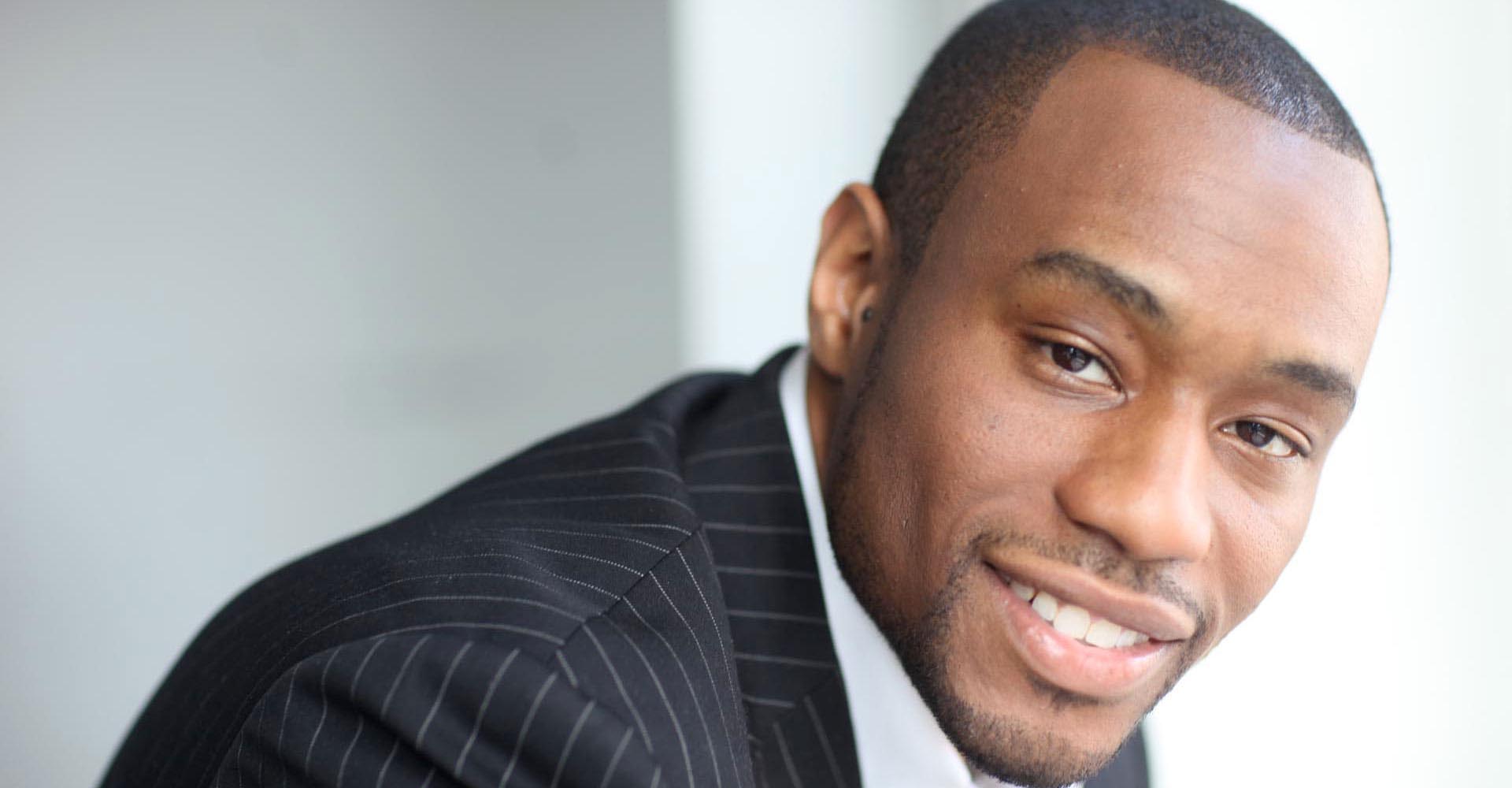
Marc Lamont Hill, Ph.D., believes the new generation of activists will effect the change for which the late U.S. Rep. John Lewis fought his entire life.
“They are a powerful and transformative force in how they are navigating the world,” said Hill, who is the Steve Charles Professor of Media, Cities and Solutions at Temple University. “I’m just watching so many amazing, innovative things happen, and I am truly encouraged by them.”
UPDATE: Watch the latest installment of MSU Denver’s President’s Speaker Series featuring Marc Lamont Hill, Ph.D.
Metropolitan State University of Denver hosted Hill Nov. 18 for the latest installment of its President’s Speaker Series. The virtual event was presented by the President’s Office in tandem with the Office of Diversity and Inclusion and the Denver Project for Humanistic Inquiry. It was co-sponsored by the Departments of Africana Studies, Political Science and History. In his presentation, the award-winning author and founder of the People’s Education Center in Philadelphia drew on the life and legacy of Lewis to examine the possibilities of progressive politics in the post-Trump era, including concrete tools for building community, forging bonds of global solidarity and dismantling oppressive systems.
RED spoke with Hill in advance of the event to talk about the presidential election, the power of the Black vote and how Lewis might have responded to our current political environment.
What are your initial impressions of this year’s presidential election?
Hill: We’ve learned how winnable elections are when we are organized and galvanized around the struggle for a common cause. (President Donald) Trump lost by the margin of Black people who showed up in Georgia, Pennsylvania, Michigan and Wisconsin, and that was an illustration of the power of the Black vote. It dispelled the myth that your vote does not matter.
What do you think John Lewis would say about the pivotal role played by African American voters in this election?
Hill: Mr. Lewis would acknowledge that Black folks have always been the moral compass of this nation and that we’ve also been the savior standing in the gap to protect America from itself.
But I think there’s another way to think about this. We must be mindful to not allow this trend to become normalized – believing that Black folks will continue to do the hardest work for the least reward. The truth is our calculus is just as much about our needs and our own self- preservation as it is about saving America. The Black voter has become more sophisticated politically, and we are under no illusion about the country changing overnight.
Are you encouraged about the level of organization that you’re seeing right now within the Black community around political and economic awareness?
Hill: I think there’s an organized commitment in particular states for voter registration, but I want to think about organizing beyond electoral politics. I want to think about what it means to organize for community gardens, how we organize to keep libraries open in our neighborhoods, how to organize for community control of schools, how do we organize against war. For me, these are the bigger questions that get thrown by the wayside.
What kind of tools can you offer in our hopes of building better community?
Hill: The lessons again we learned from John Lewis to engage in deep listening and having a sense of history while employing the radical imagination to imagine possible new futures, engaged in organized action and relentless hope.
There is a renewed push to dismantle the country’s oppressive systems. What was John Lewis’ approach to dismantling the oppressive systems he faced?
Hill: I think there are moments where John Lewis is absolutely saying that we need to dismantle many of our systems, and that will take enormous sacrifice. … (He) would support reimagining our educational system, but then there are moments where I think John Lewis probably believed in the possibilities of liberal democracy more than I do. But that was the beauty of John Lewis. He remained open to dialogue and was always open to listen and be challenged and push back. He was a beautiful man, a wonderful man.


